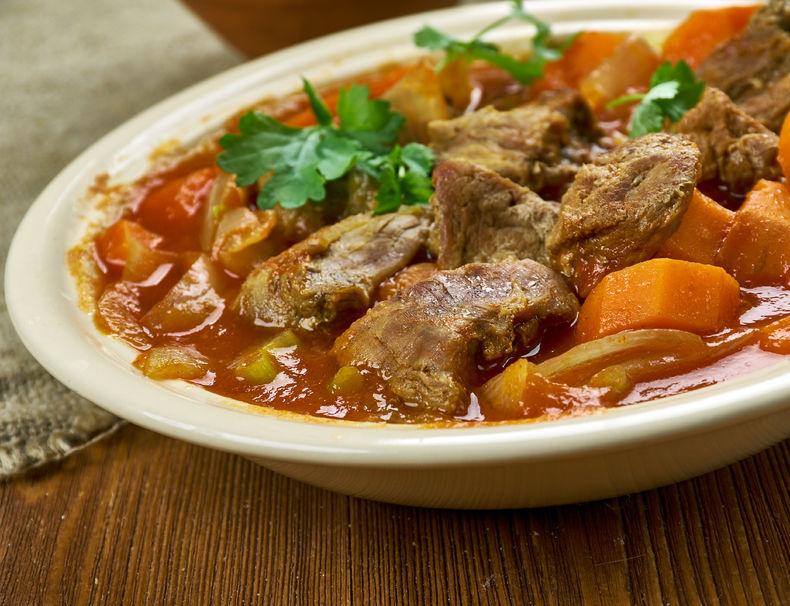Sheep farmers slam report suggesting lamb stew 'most polluting' meal

Farmers have reacted with anger after the World Wildlife Fund (WWF) labelled a traditional lamb stew one of the most environmentally unfriendly meals in the UK.
Welsh Lamb Cawl, a traditional stew made with lamb and root vegetables, has been labelled the “most polluting” classic British meal in a new report by the WWF looking at food and its carbon footprint.
The report, A World Wide Fund for Nature, suggests that a bowl of lamb stew could be as polluting as boiling a kettle 258 times.
But Welsh sheep farmers are "astonished" by the suggestion, with NFU Cymru explaining that the report did not highlight the sheep industry's "benefits to biodiversity of grazed livestock".
Hedd Pugh, NFU Cymru rural affairs board chairman, told The Daily Telegraph that sheep farmers “take their environmental responsibilities extremely seriously.”
Mr Pugh said the report shows a "total disregard and ignorance" for the work that is taking place on farms across Wales to address the issues that are impacting on the environment.
Phil Stocker, chief executive of the National Sheep Association, also told the paper: “From our perspective it’s a pretty shoddy piece of work that hasn’t looked at the wider benefits of sheep farming at all.
“It has taken a very narrow view of the impacts of lamb cawl and is it really quite astonishing. Lamb cawl is the exact kind of dish that we should be promoting, it is highly nutritious and a good source of protein.”
He added: “The summary looks through a very narrow lens and we fundamentally disagree with the argument that has been made as it has failed to include the important environmental benefits of sheep farming which is very disappointing.”
The report also looked at three other classic British meals, including chicken tikka masala, ploughman's and fish and chips, all of which could disappear or change as a result of climate change.








